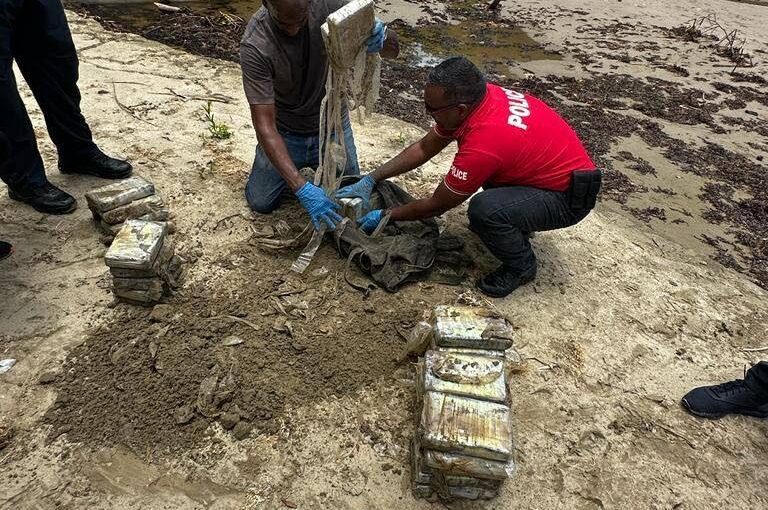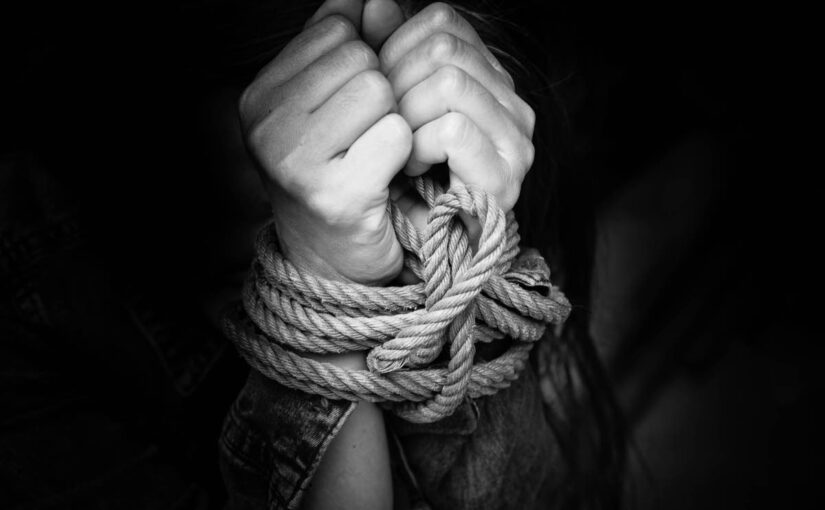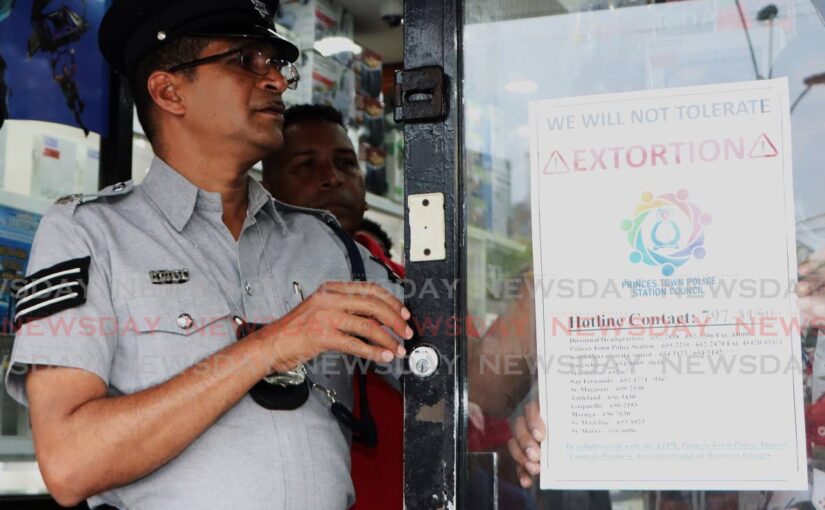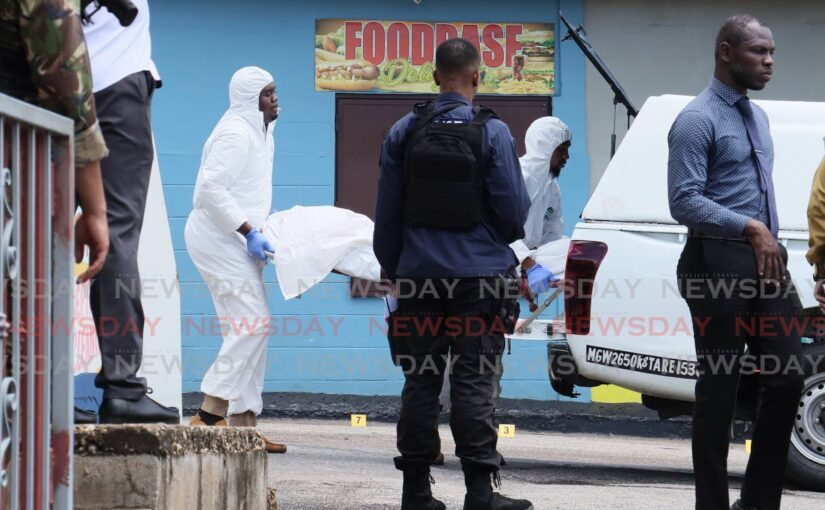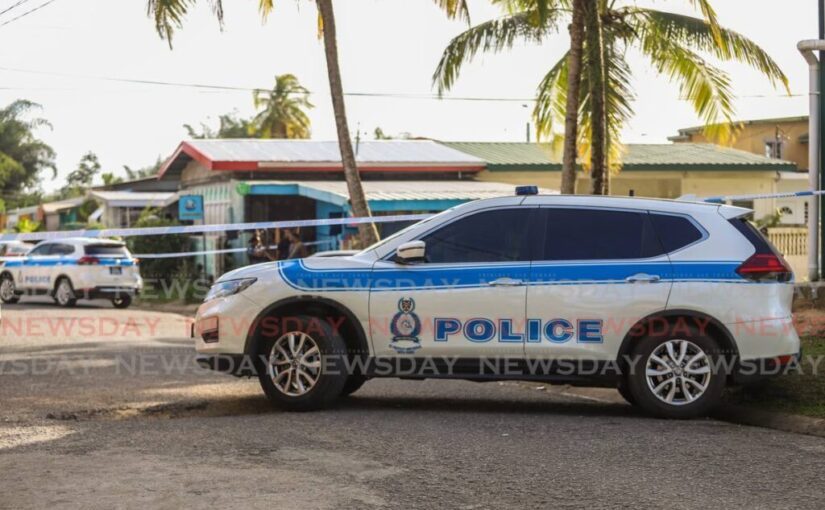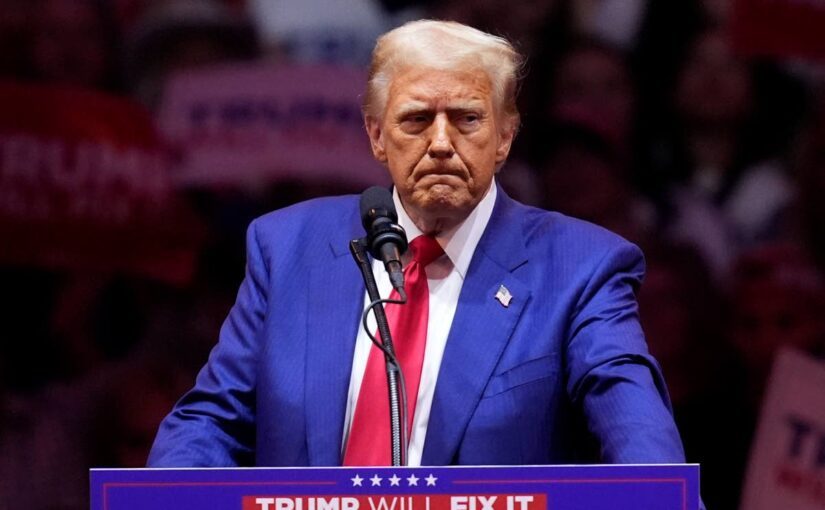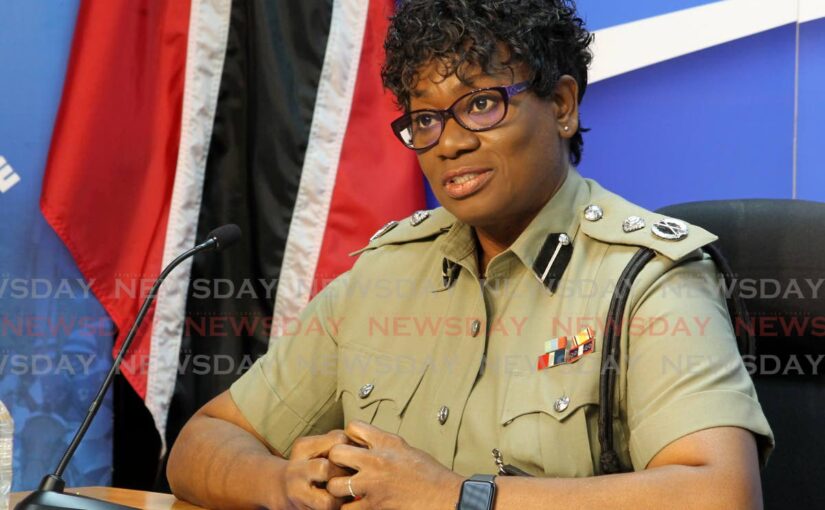POLICE rescued 11 Venezuelan women believed to be victims of human trafficking from a house in Mt Lambert on October 24. In a release, police said...
Vous n'êtes pas connecté
- English
- Français
- عربي
- Español
- Deutsch
- Português
- русский язык
- Català
- Italiano
- Nederlands, Vlaams
- Norsk
- فارسی
- বাংলা
- اردو
- Azərbaycan dili
- Bahasa Indonesia
- Հայերեն
- Ελληνικά
- Bosanski jezik
- українська мова
- Íslenska
- Türkmen, Түркмен
- Türkçe
- Shqip
- Eesti keel
- magyar
- Қазақ тілі
- Kalaallisut ; kalaallit oqaasii
- Lietuvių kalba
- Latviešu valoda
- македонски јазик
- Монгол
- Bahasa Melayu ; بهاس ملايو
- ဗမာစာ
- Slovenščina
- тоҷикӣ ; toğikī ; تاجیکی
- ไทย
- O'zbek ; Ўзбек ; أۇزبېك
- Tiếng Việt
- ភាសាខ្មែរ
- རྫོང་ཁ
- Soomaaliga ; af Soomaali
Rubriques :
 Maroc - NEWSDAY.CO.TT - A la Une - 06/Sep 09:51
Maroc - NEWSDAY.CO.TT - A la Une - 06/Sep 09:51
UN report raises alarm on gangs
A RECENT report by a key international body shines new light on gangs and demands a widening of discussion in terms of how this region tackles crime. The deeply sourced report, entitled Caribbean Gangs: Drugs, Firearms and Gangs Networks in Jamaica, St Lucia, Guyana and Trinidad and Tobago, was published in July by the UN Office on Drugs and Crime (UNODC), based in Vienna, Austria. The document was jointly prepared by that body as well as an office in Panama. It is based on a methodology involving analysis of data held on official UNODC portals, country-level statistics, secondary academic literature, interviews with public officials, site visits, consultations with specialists and former gang members. The insights yielded are startling. For instance, the report lays bare connections between gang activity in Venezuela and Trinidad and Tobago. “Evidence of tensions between local gangs and Venezuelan groups is also appearing, as Trinidadian middlemen, who had previously facilitated drug and firearms trafficking, are being sidelined,” it says. “While studies suggest that migrants are no more likely to commit crime than locals, the capture of a high-level gang member in 2019 set off alarm bells.” The alarming matters raised extend beyond the capture of people like Darwin “El Culón” García Gibori, the Venezuelan leader of the Evander gang, however. The report notes a perception of an insurgent drug trade in Trinidad and Tobago while seizures have gone down; the Coast Guard struggles; gangs have diversified into contract killings; high levels of police corruption add to community reluctance; extortion and the smuggling of illegal drugs and guns are not being effectively impeded. “What is more, strong cultural ties in southern Trinidad with Venezuela have ensured the coastal region, including Icacos, Cedros and Moruga, are sites of extensive trafficking.” All of this suggests the need to broaden discussion of the gang problem beyond the usual platitudes about lifestyle choices, single-parent families, silent communities and bail restrictions. One of the most notable insights of the report is the suggestion that tough measures have backfired regionally. States of emergency, anti-gang legislation, anti-gang units and heavy-handed policing strategies, it suggests, have simply eroded trust in the police and driven criminals underground. Often, the removal of a gang leader generates more violence because of gang splintering. But perhaps the most chilling sentence in the report is this: “Several national governments across the Caricom region have expressed concern that drug trafficking, gang fragmentation, and insecurity could worsen in the coming years.” If the already devastating crime situation is about to deteriorate, we urgently need to shift old, myopic approaches to stop this. That begins with closing the knowledge gap as it relates to local and regional dynamics, a matter this report strongly argues for. The post UN report raises alarm on gangs appeared first on Trinidad and Tobago Newsday.
Articles similaires
Intern – Drug Control & Crime Prevention at United Nations Office on Drugs and Crime (UNODC)
For two decades, the United Nations Office on Drugs and Crime (UNODC) has been helping make the world safer from drugs, organized crime, corruption...
Crime’s chilling impact
JUST WHEN it seems there is little more to be said about crime, we are forced to confront yet another aspect of its chilling impact on our...
Cops urge Princes Town businessmen: Report cases of extortion
IN A DIRECT and proactive effort to quell what is a worrisome issue, officers from the Princes Town police station staged a walkabout in the...
Fear of crime cripples movement of people
A DAILY STREAM of reports, images and videos of crime often shared on various social media platforms is affecting the way of life of people in...
Facing crisis of crime and violence in Trinidad and Tobago
THE EDITOR: As a nation we are grappling with an unprecedented wave of crime and violence that continues to spiral out of control. The alarming rise...
Attz: Trump presidency could impact Trinidad and Tobago in different ways
ECONOMIST Dr Marlene Attz said a Donald Trump presidency will likely have mixed effects on Trinidad and Tobago's economy – several positive and...
UN: Opium cultivation in Afghanistan rises by 19%
Despite a formal ban on poppy cultivation in Afghanistan, the United Nations Office on Drugs and Crime (UNODC) reported a 19% increase in cultivation...
Changing to blue and grey not answer
THE EDITOR: In my view, changing the tactical gear of police officers to grey and blue outfits is certainly not the answer for preventing criminals...
IEA spurns UN report on spike in opium production
The UN Office on Drugs and Crime (UNODC) has reported a 19 percent spike in poppy cultivation in Afghanistan in 2024, a claim spurned as baseless by...
Les derniers communiqués
-
Aucun élément
